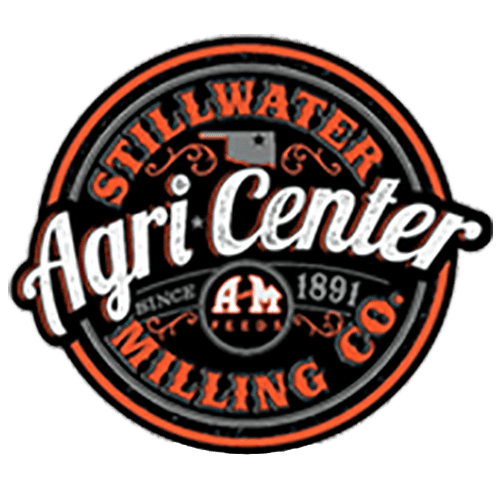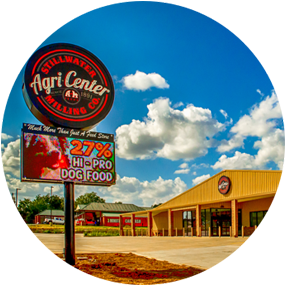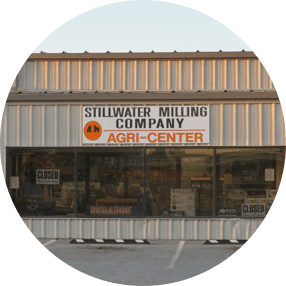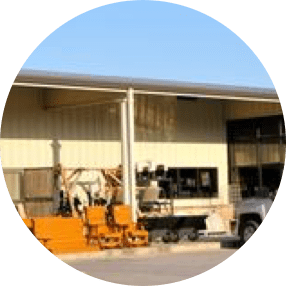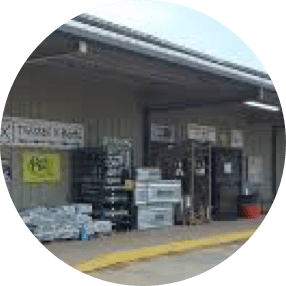View From the Range
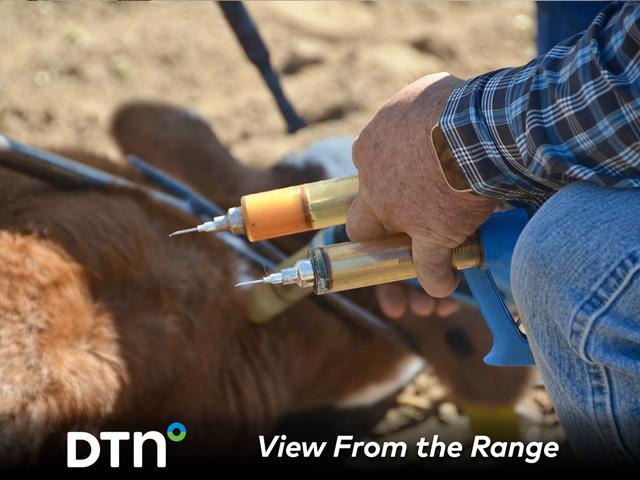
REDFIELD, Iowa (DTN) -- Good health in a cow herd can make a big difference when it comes to performance of not only the cow, but also the calf. At Copeland & Sons Herefords, health is a priority.
Copeland & Sons Herefords in Nara Visa, New Mexico, is participating in DTN's View From the Range series, where DTN will follow a year at the ranch to give readers an inside look at how the ranch operates and cares for its animals.
This segment in the series will look at how caring for the health of a beef animal, starting at birth, can make a difference in how well the animal will perform throughout its lifetime.
CALF HEALTH STARTS BEFORE BIRTH
Preparing a cow for calving starts several months before the calf has entered the world. Building the immunity for disease starts with a good vaccination program for the cows. "In the fall, when we pregnancy check the cows, they will get the vaccines they need for the year," Cliff Copeland explained. Cows get a vaccine to protect against infectious bovine rhinotracheitis (IBR), bovine viral diarrhea (BVD), parainfluenza3 (PI3), and leptospirosis (Lepto). This is a common vaccine used in most herds. Copeland said they don't use a scour protection shot, as that isn't a big issue in the dry environment where they live.
Since the vaccine is given to cows, the calves should have some immunity at birth from these diseases. At birth, calves are given a mineral shot called MultiMin to provide them with extra minerals to start off their life.
Branding is the time when calves get their first round of vaccines. "By branding time, the calves are about two to three months old and are ready for their first round of shots," Copeland said. Calves are given a shot of IBR, BVD and PI3 vaccine. In addition, they receive a 7-way blackleg vaccine for protection against Mannheimia haemolytica, a bacteria that can cause respiratory disease. Pasteurella vaccine is also used to protect against pneumonia and other respiratory diseases.
VACCINATIONS ARE GIVEN SEVERAL TIMES
If they are able, a pre-weaning round of vaccines will be given of the same products, but if that isn't possible, they will be given those shots at weaning time.
"Weaning time can sometimes be a challenge due to the size of the pastures," Copeland explained. "We would like to be able to start those calves on feed prior to weaning. That takes putting up a corral in the pasture and feeding those calves. It doesn't always work, but makes weaning go a lot smoother."
The Copelands have also started using FerAppease at weaning to help calm the calves and reduce stress. According to the company website, the product is a synthetic analogue of the maternal bovine appeasing substance and is a naturally occurring substance that is secreted by the skin of the mammary gland of lactating animals, eliminating stress in all beef cattle treated.
A third round of Pasteurella vaccine is given a few weeks after weaning, which makes the calves set to go to the next step in their life, whether it is in the replacement heifer pen, bull development or a feedlot.
"We only vaccinate the cows once per year, but we will use a pour-on treatment at branding time and again in the fall when they are pregnancy checked," Copeland said.
A generic ivermectin pour-on is alternated with another name-brand pour-on to control against roundworms, lungworms, grubs, horn flies, sucking and biting lice, and sarcoptic mange mites. Both cows and calves are poured on at these times, but it is important to pour on calves after they are branded as the product has an alcohol base -- this helps prevent any injury.
Copeland said, as of currently, they don't have much problem with disease carried by wildlife, but they do have some concern about New World screwworm since they are so close to the Mexican border. "I recall when we fought screwworm when I was young. It was terrible and we don't want to deal with that again," he said. "I think the Secretary of Agriculture (Brooke Rollins) has done a great job of knowing when to shut the border and use sterile flies for prevention."
Just as most of the country has seen plentiful rains this spring and summer, so have the Copelands in the northeast corner of New Mexico. Copeland was thankful the extra moisture they've received doesn't cause any real issues with the cattle's health. It actually does the opposite: Rain helps the grass grow and calves be in better condition at weaning. "We mostly have to watch the temperature swings, especially at weaning time. That's when we can see some sickness in calves," he said. "But the extra moisture is really a huge bonus for us."
Besides the MultiMin product that is administered to cattle throughout their lifetime to ensure they have the proper minerals needed, they are also sure to make a top-quality mineral available throughout the year. The Copelands believe this can provide good health in the long run, which is the goal for them to have a healthy herd for optimum performance.
**
Editor's Note: To see previous stories in this series, go to:
-- "New Mexico Ranch Shares View From Range," https://www.dtnpf.com/…
-- "Copeland & Sons Herefords Raise Cattle to Provide for Family, Customers, Environment," https://www.dtnpf.com/…
-- "New Mexico Ranch Relies on Cows with Good Mothering Ability," https://www.dtnpf.com/…
-- "New Mexico Ranchers Have Recorded Performance Data to Measure Herd's Progress," https://www.dtnpf.com/…
-- "New Mexico Ranch Branding Tradition Unites Generations," https://www.dtnpf.com/…
--"New Mexico Ranchers Strategically Breed Cows to Advance Herd," https://www.dtnpf.com/…
Jennifer Carrico can be reached at jennifer.carrico@dtn.com
Follow her on social platform X @JennCattleGal
(c) Copyright 2025 DTN, LLC. All rights reserved.

